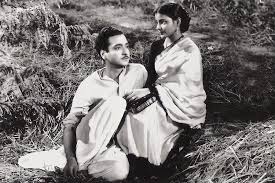Patit Mandal, OP
Odia classic films have always held a special place in the hearts of cinephiles, reflecting the culture, traditions, and social complexities of Odisha. OrissaPOST takes you on a nostalgic journey through five timeless Odia cinematic masterpieces that continue to captivate audiences with their profound narratives and unforgettable performances.
Kaa
Love, sacrifice, and life’s unforeseen twists form the essence of Kaa. Parbati Ghose shines as Nandika, a woman burdened by societal and familial pressures after seven childless years of marriage. In an act of selflessness, she urges her husband Sunanda, played by Gour Ghose, to remarry and fulfil the family’s wish for an heir.
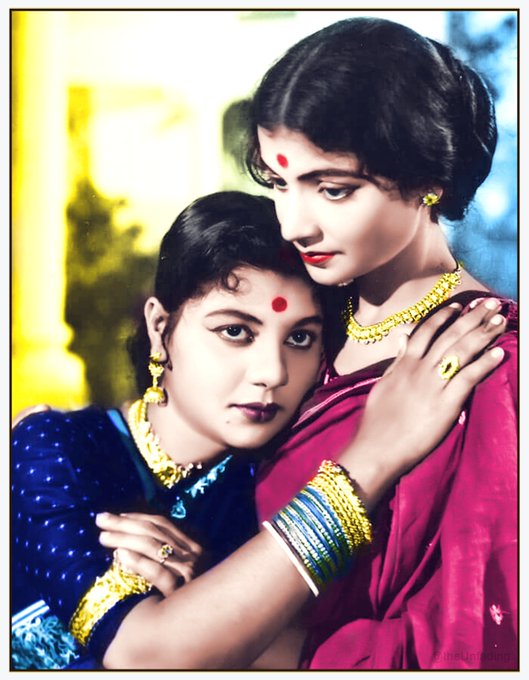
Sunanda reluctantly marries Lalita, but destiny intervenes when Nandika discovers she’s pregnant. What ensues is a tale of insecurity, shifting relationships, and the unpredictable course of life.
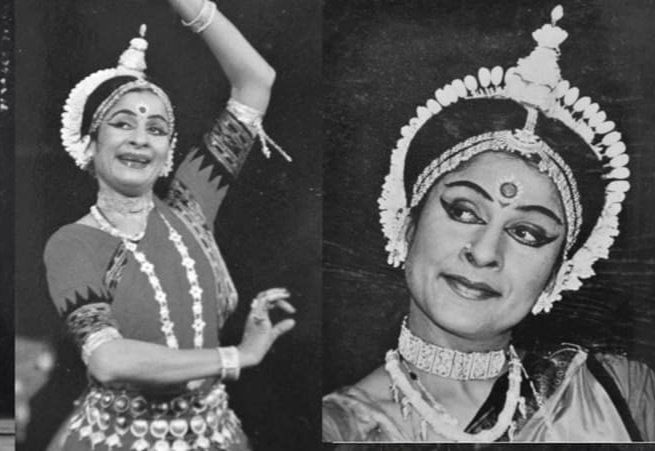
Adapted from Kanhu Charan Mohanty’s novel, this 1966 masterpiece won a National Award and gifted audiences an unforgettable Odissi performance by the legendary Sanjukta Panigrahi, securing its place as a cornerstone of Odia cinema.
Matira Manisha
A tale of familial bonds and conflicting ideals, Matira Manisha stands as one of the most iconic Odia films. Directed by the legendary Mrinal Sen and based on Kalindi Charan Panigrahi’s novel, the film revolves around Baraju Pradhan, played by Sarat Pujari, who is determined to keep his family united.
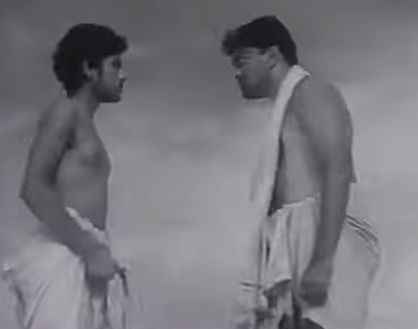
His wife, Hara-bou (Bhanumati Devi), provides unwavering support, but their unity is threatened by Baraju’s carefree brother Chakadi, portrayed by Prashanta Nanda. Chakadi dreams of escaping rural life for the bright lights of ‘Kalikata,’ leaving the family in turmoil. Dukhiram Swain delivers a brilliant performance as the scheming moneylender Hari Mishra, who exploits the divide. Will the Pradhan family overcome the challenges, or will greed prevail? Catch this timeless masterpiece, now available on YouTube.
Kie Kahara
A story of love, betrayal, and redemption, Kie Kahara showcases Sarat Pujari as Prakash, an engineer who rises against the odds after being abandoned by his parents. He falls in love with Mamata, the zamindar’s daughter, but their love faces fierce opposition.
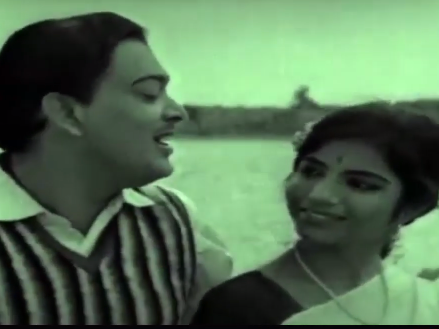
Mamata’s mother favours Soumen, a wealthy suitor, while Soumen’s father, Nabin, devises sinister plots to sabotage Mamata’s family. Just when all seems lost, an unexpected figure from Prakash’s past returns to change everything. Directed by Nitai Palit, Kie Kahara was a box-office phenomenon, running for over 100 days in theatres, especially in Cuttack, and remains a testament to the golden era of Odia cinema.
Malajanha
Societal injustice defines the narrative of Malajanha. Jharana Das delivers a stirring performance as Sati, a woman whose love for Loknath is thwarted when she is forced into an arranged marriage with an elderly zamindar, Narahari Mishra.
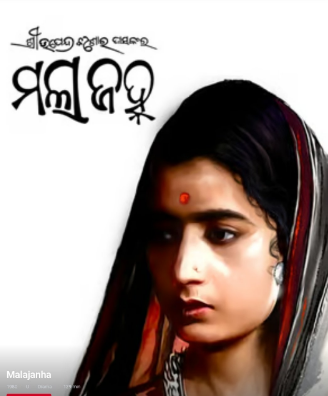
After being falsely accused of impurity, Sati is cast out of her marital home and finds herself seeking solace with Loknath in Cuttack. Her struggles continue as she loses her parents and becomes the target of malicious gossip in her village. Directed by Nitai Palit, Malajanha is renowned for its haunting depiction of women’s struggles in traditional Odia society. The song Rakata Tala Mala was a turning point in Akshaya Mohanty’s career, further cementing the film’s legacy.
Also Read : New Delhi-based short film ‘Anuja’ earns nomination for Best Live Action Short at Oscars 2025
Hakim Babu
Hakim Babu, directed by Pranab Das and based on Bibhuti Patnaik’s novel, delves into themes of displacement, exploitation, and cultural divides. Kanhu Majhi, a tribal man, rises to become an IAS officer, earning the nickname ‘Hakim.’
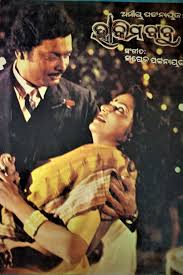
However, his ideals are tested when a proposed mining project threatens his ancestral village. The film exposes systemic challenges, including the sexual exploitation of tribal women and the struggles faced by marginalised communities in navigating bureaucratic power dynamics. Hakim Babu earned a National Award for its unflinching commentary on social issues, marking it as a cinematic milestone in Odia cinema.
From the emotional depth of Kaa to the social commentary of Hakim Babu, these Odia classic films are more than just cinematic masterpieces—they are a reflection of Odisha’s cultural and social fabric. Rediscover the magic of these timeless stories and celebrate the golden era of Odia cinema.

